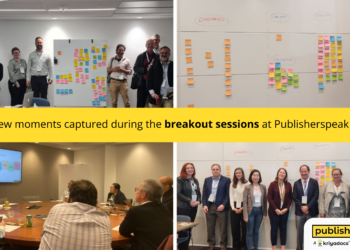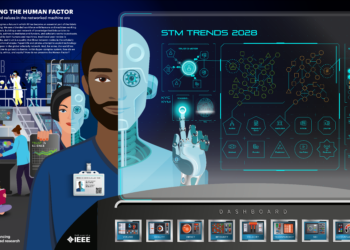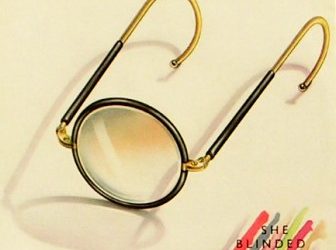FASEB, the Federation of American Societies for Experimental Biology runs an annual Stand Up For Science competition, and in 2013, the goal was to increase awareness of the value of US federal funding for biological and biomedical research.
The winning video is below, and it makes a compelling argument for the funding of basic science. So much of the science funding mindset has seemingly been influenced by Wall Street’s “get rich quick” ethos. Businesses have been encouraged to forsake long term health and success in order to maximize this quarter’s profits to drive the stock price higher. Forget about the future, what about next week?
Similarly, science funding has increasingly moved toward requiring instant gratification, proof of immediate societal impact (and often financial impact), rather than planning for the long term. Much of what we are profiting from as a society now stems from the basic research funded over the last few decades. Shortsighted approaches reduce our investment in the future, and we run the risk of having our cupboards run dry down the line.
The hypothetical question posed in this video: It’s 1960, and you have $10 to spend on research. Would you spend it on:
- Developing an affordable treatment for diabetes
- Conducting basic research on how bacteria protect themselves
The right answer may surprise you.
Discussion
3 Thoughts on "The Importance of Funding Basic Science Research"
Good post and a nice story in this video. Though it still curves back to the utilitarian angle that now plagues much of science and has hollowed out its foundation. In the minds of many in this country (especially of those holding the purse strings), science has been largely relegated to being a mere tool rather than something the enlightens, enchants, and informs. It’s become the disposable pots and pans rather than the carefully selected ingredients to a fine meal.
I wonder how many people pick up a novel with the clear goals demanded of science these days (I will now spend 10 hours of reading, and this investment in my time will give me a return of $xxxx, saved in future costs for medical bills and lost income because the act of reading will lower my blood pressure and improve my cognitive skills).
Funding basic research is not about ROIs, expected and unexpected, it’s about the question whether a society should place a value also on things that lie outside of the material. With funding levels for research steadily declining and higher education left “to take care of itself,” and nearly everything being measured and articulated in terms invented in a narrow field of science (i.e., economics), the answer implicit in these actions is probably, no.
I personally would like to see the amount of funding for scientific research doubled or tripled, and I would pay higher taxes to support this. How could scientists help with this? By supporting those colleagues with the desire and talent to reach out to a popular audience. Popularization should not be scorned but embraced.
Thanks for sharing our video!
The points you hit on are exactly the ones we wanted to tackle. For anyone who doesn’t understand or know about basic research… a choice between treating diabetes and studying bacteria biology is an easy one. We wanted viewers to appreciate the power of basic science. Hopefully this will encourage people to hesitate before jumping on proposals that promise results “next week”, as you mention above.



